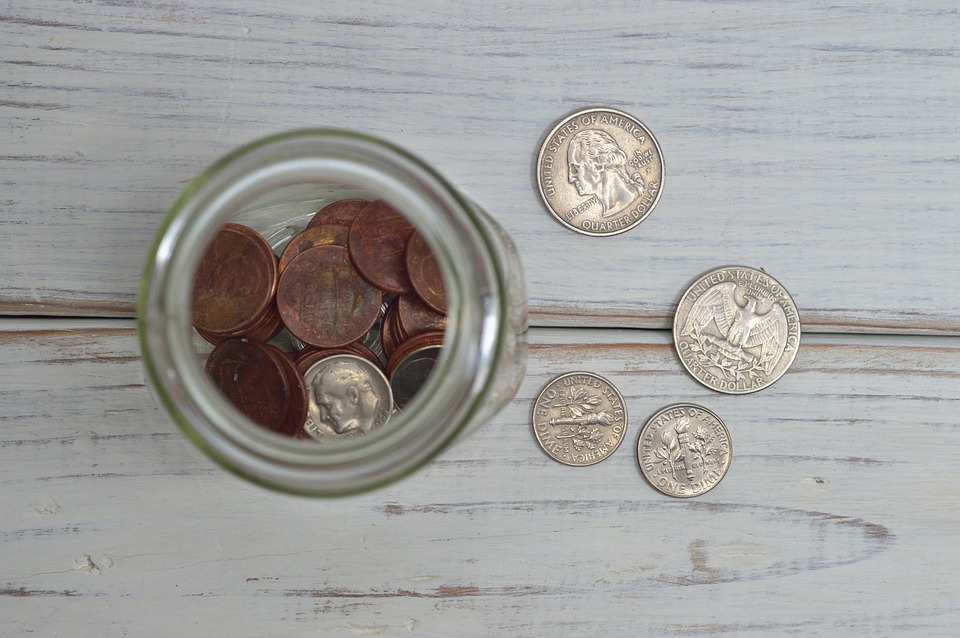
16 Jan Do Class C and D beneficiaries pay inheritance tax on retirement accounts?
Photo: pixabay.comQ. If a Class C or Class D beneficiary is left money in a retirement account, is an inheritance tax due? Or is it only on money paid through the estate?
— Heir
A. New Jersey has an inheritance tax.
The amount of the tax is based on the relationship between the beneficiary and the deceased.
Class A beneficiaries are excluded from the inheritance tax. These include a parent, grandparent, spouse, child of a decedent and others.
Class C beneficiaries include a brother or sister of a decedent, a spouse or surviving spouse of a child of a decedent and a civil union partner.
Class E includes qualified charities, religious institutions, educational and medical institutions, non-profit benevolent or scientific institutions, the State of New Jersey or any of its political subdivisions.
Class D beneficiaries are anyone not included in Classes A, C, or E, including nieces and nephews.
Although certain assets left directly to Class C or Class D beneficiaries are exempt from the New Jersey inheritance tax, a retirement account does not have a blanket exemption, said Catherine Romania, an estate planning attorney with Witman Stadtmauer in Florham Park.
So, Class C and Class D beneficiaries may have to pay inheritance tax upon the receipt of such assets, she said.
Class C beneficiaries are entitled to a $25,000 exemption, therefore to the extent the proceeds do not exceed that amount, or the first $25,000 of such amount received, will not be taxed, Romania said.
Class D beneficiaries are entitled to an exemption only if the entire bequest is less than $500 otherwise it is entirely taxable.
“In addition, neither Class C nor Class D beneficiaries are taxed if the proceeds are from a life insurance policy paid directly to the beneficiary or the proceeds are from a pension, annuity or retirement account under a teacher’s retirement plan, police or fireman’s retirement plan or other government service retirement plan,” she said.
Unless the account is a Roth account, all beneficiaries who are left money in a retirement account will have to pay the income tax on such funds as they withdraw the funds from the account, Romania noted.
Email your questions to .
This story was originally published on Jan. 16, 2023.
NJMoneyHelp.com presents certain general financial planning principles and advice, but should never be viewed as a substitute for obtaining advice from a personal professional advisor who understands your unique individual circumstances.

